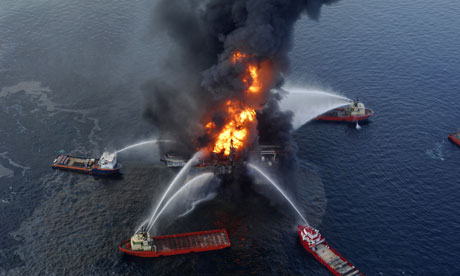
Les Editions Thémis, Montreal, published Le droit civil et ses codes: parcours à travers les Amériques, a collection of papers presented at a workshop series conducted at the Quebec Research Center of Private and Comparative Law at McGill University, edited by Jimena Andino Dorato, Jean-Frédérick Ménard and Lionel Smith. View the Table of Contents.
Les neufs juristes conviés par le centre de recherche en droit privé et comparé du Québec de l'Université McGill à parcourir le droit civil à travers les Amériques et leurs codes en dressent un portrait pluriel. Cela dit, comme le relève Benoît Moore dans le rapport de synthèse qui clôt cet ouvrage collectif dans lequel il se penche sur l'unicité, la centralité et la pérennité des "codes d'Amérique", des thèmes récurrents traversent les textes des auteurs, indépendamment de leur origine nationale. Ainsi, on observe l'évolution du rôle normatif du Code civil en Argentine avec Julio César Rivera qui s'attarde notamment à ses interactions avec le common law et la lex mercatoria. On constate aussi, tant avec Olivier Moréteau, qui réfléchit à la place du Code civil en Louisiane qu'avec Jimena Andino Dorate, Graciela Jasa-Silveira et Nelcy Lopez Cuellar qui abordent le dialogue des codes civils avec les normes constitutionnelles et internationales en Argentine , au Mexique et en Colombie, que la place du code civil dans l'univers juridique a beaucoup changé depuis la première vague de codification au 19ème siècle. De même, l'exposé de de José Antônio Peres Gediel sur la modernisation du droit des personnes physiques en réponse aux innovations médicales et scientifiques et dans la foulée de l'adoption par le Brésil d'un nouveau code civil rejoint à la fois le propos sur les défis associés à la réforme et à la recodification du droit privé que livre Luis Muniz-Argüelles à partir de Puerto Rico et le point de vue québécois de Sophie Morin sur l'avenir du Code civil du Québec. Tel que l'évoquent en ouverte Jimena Andino Dorato, Jean-Frédérick Ménard et Lionel Smith, cet ouvrage pose un regard renouvelé sur le droit civil tel qu'il s'est développé sur le continent américain et constitue une excellente introduction à son étude comparée.



